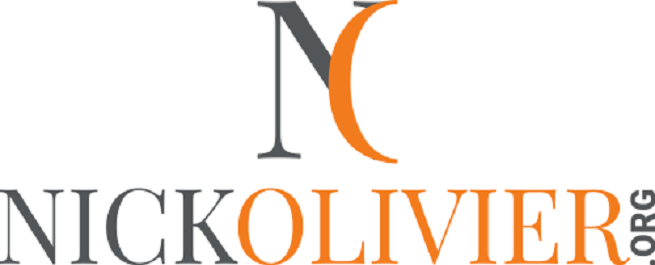ONLINE SKILLS DEVELOPMENT
List of Online Skills Development Sessions
01 January 2025 - 31 October 2025
You will find a list of upcoming opportunities to enhance your skills and knowledge here.
Join us for these dynamic and engaging online skills development sessions.
These sessions are non-credit-bearing, but some may have CPD/CPE hours linked to them.
Due to in-person engagements, no Online Skills Development Sessions are scheduled until 31 October 2025

